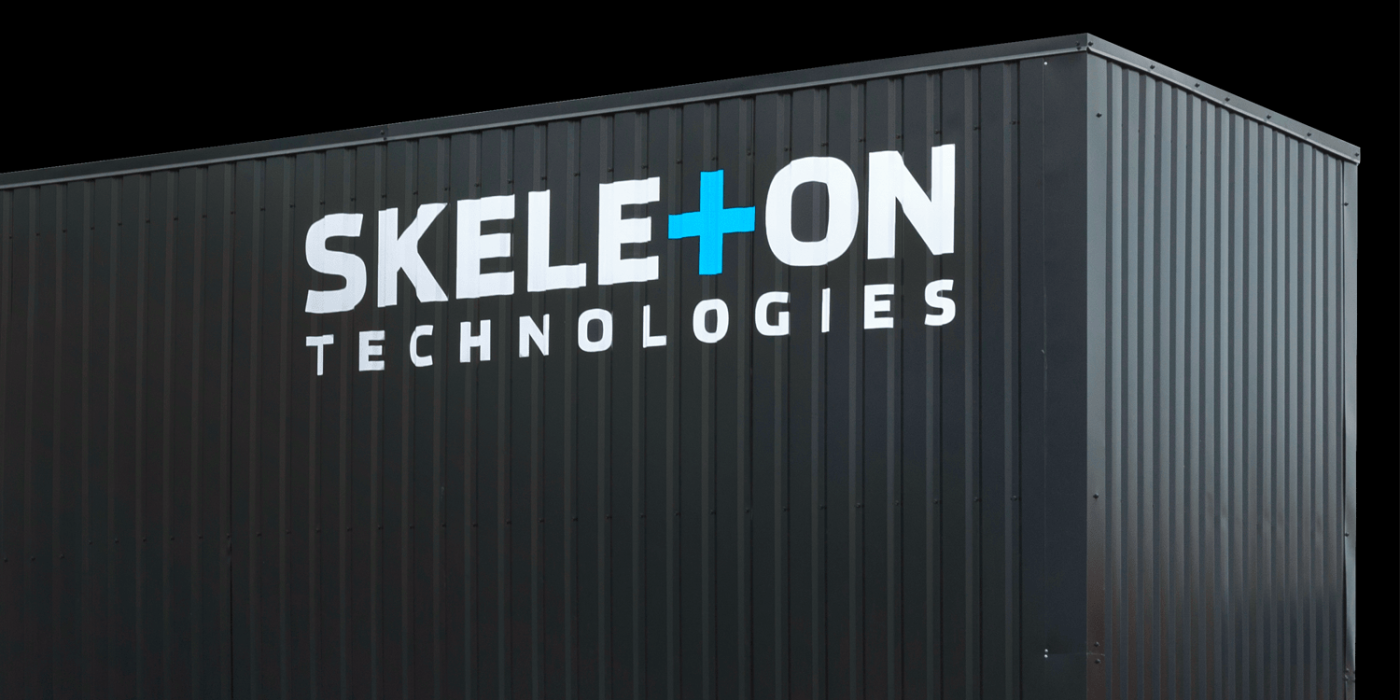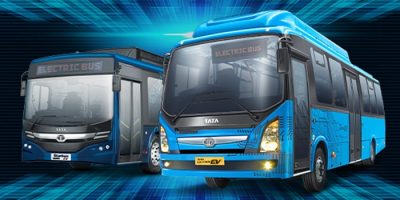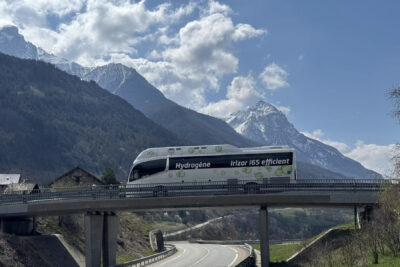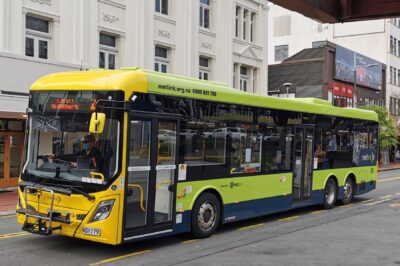Wrightbus to use Supercaps by Skeleton Technologies
Wrightbus has turned to Skeleton Technologies to give them the first chance at commercialising their latest ultracapacitors. The Estonian company and Northern Ireland’s Wrightbus are gearing up for testing in fuel cell buses.
In the hydrogen buses, Skeleton’s supercaps play a supportive role. The ultracapacitor system facilitates to recuperate braking energy and to reuse it for acceleration. Ultracapacitors have an advantage over batteries for this kind of application, mostly due to their ability to recharge in seconds and stability.
Jo Bamford, Chairman of Wrightbus, confirmed “Ultracapacitors and fuel cells are the ideal combination for better performance and lower cost of ownership, but until now ultracapacitors were lacking in energy density. Skeleton’s Curved Graphene technology brings these needed improvements by doubling the energy density of ultracapacitors and will therefore strongly contribute to the wide-scale adoption of fuel-cell electric buses.”
The Wrightbus boss thus preaches what Skeleton had claimed all along, that their supercaps would deliver energy density two times higher than the closest competitors. This will now be seen once Wrightbus deploys the system in their test vehicles.
For the new partnership with Skeleton technologies, Wrightbus plans to complete initial pilot testing in 2021. The partnership marks the first commercial release of Skeleton’s next-generation high energy ultracapacitors, based on material technology innovation.
Skeleton Technologies specialised in graphene-based ultracapacitors and energy-storage systems and was founded in 2009. They have raised over 51 million euros since to support manufacturing scale-up in Germany and Estonia. The latest announcement was an expansion of the plant in the town of Großröhrsdorf near Dresden.
Taavi Madiberk, CEO and Co-Founder of Skeleton Technologies, also said he would see a clear potential of 1,000 fuel cell buses using the technology in the next five years.
Wrightbus is part of the H2Bus consortium and focused on the deployment of at least 1,000 fuel cell buses and related infrastructure in European cities.
Bamford had come to the rescue of Wrightbus last years after the company had to file for bankruptcy as reported. Since then, sales of fuel cell buses across the UK have taken off again with Birmingham expecting delivery of 20 fuel-cell doubledeckers. Also, their hydrogen buses have already been supplied to Aberdeen and London.
Staying in public transport, Skeleton has running contracts with tram providers to Warsaw in Poland and streetcars running in Germany through Škoda Electric as reported.





1 Comment